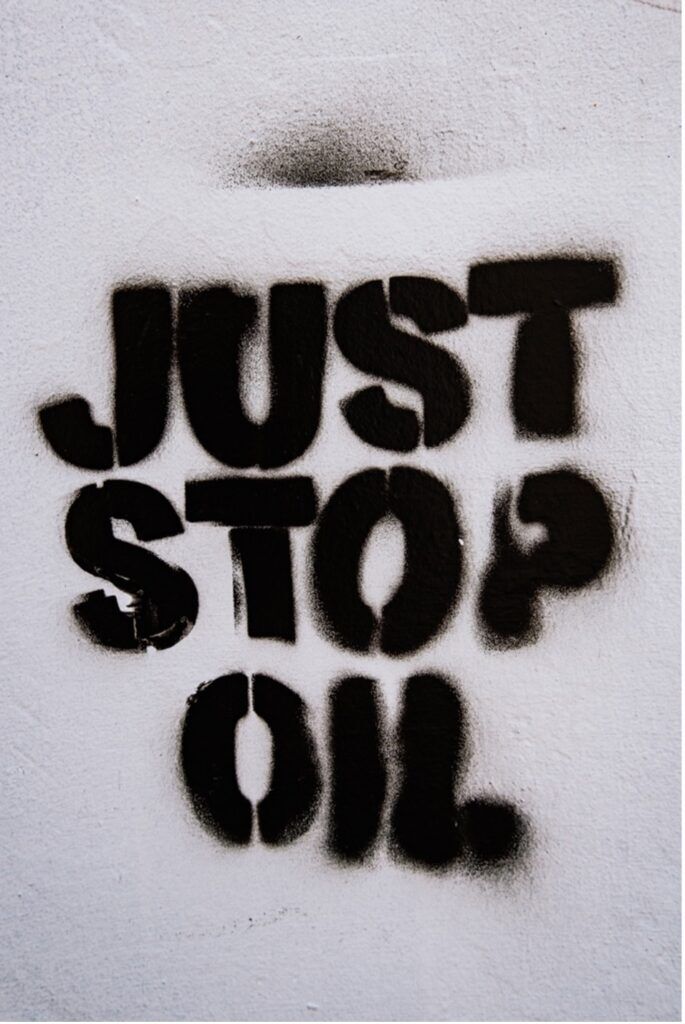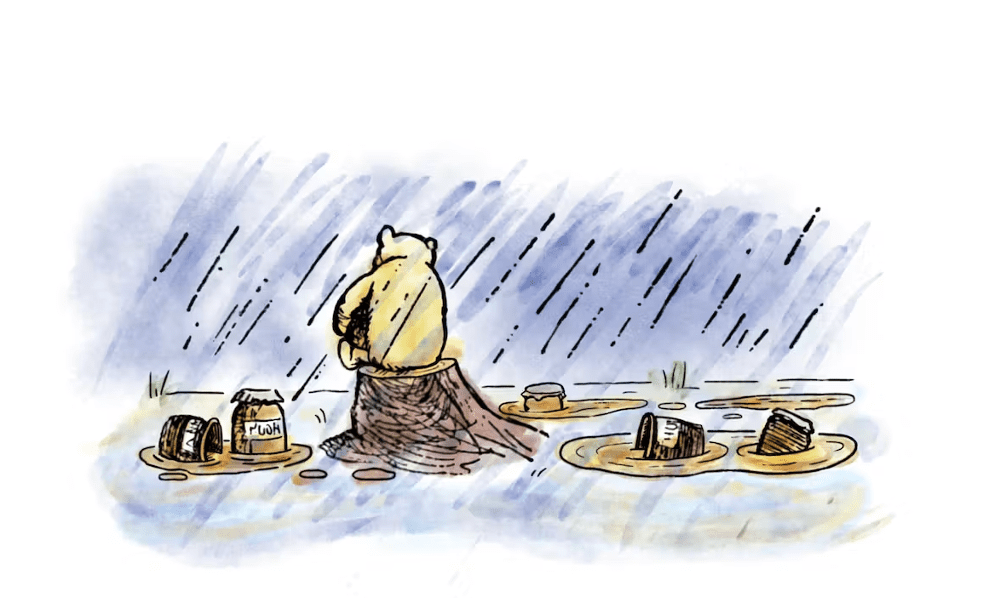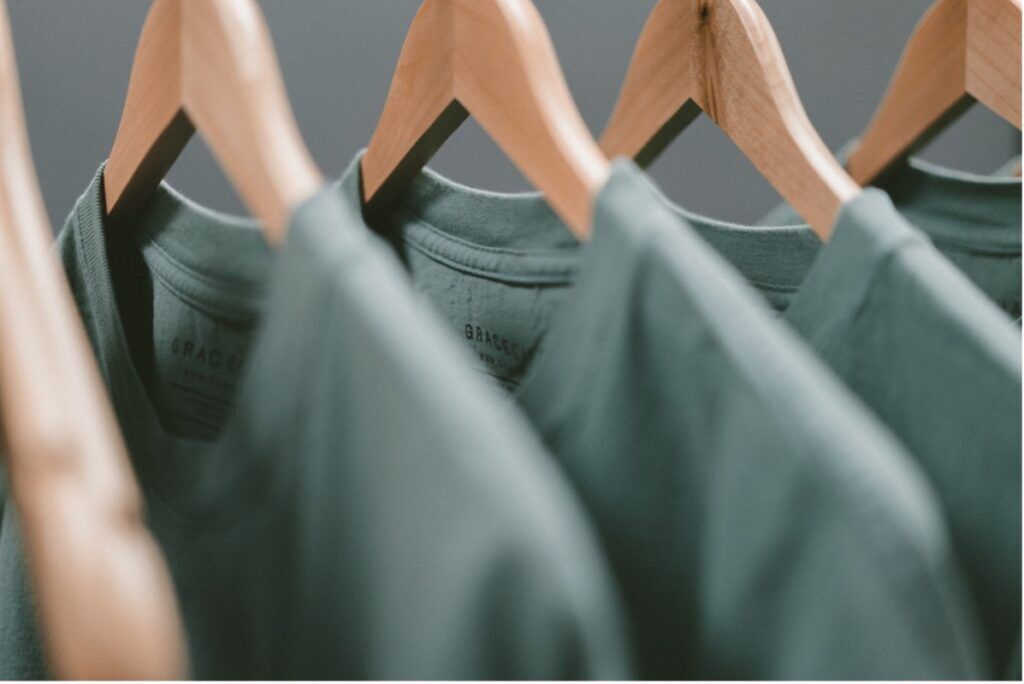From big oil companies tapping into influencer marketing to young people suing their governments over the climate crisis, we take a look at some of the sustainable stories flooding our feeds.
The Rise of Oil-fluencers

Oil and gas companies such as Shell and BP are using influencer marketing to push a false narrative about the climate crisis, according to a report released by DeSmog last month.
The influencers in question included a former BBC presenter, a Polar explorer, and a dad-fluencer. According to internal leaked documents in BP in 2020, some of the world’s biggest polluters in the UK are implementing the strategy in a bid to become “more relatable, passionate and authentic” and to “win the trust of younger generations”. The report further stated it wanted to tackle millennials perception of them as “the bad guys”. Yep, seriously.
We’ve spoken about the practice of greenwashing before – where a company or brand will make a big deal of its few sustainable practices while neglecting to mention its more typical, unsustainable ones – but some organisations are really taking it to new heights. Or depths. And in this case, using Influencer marketing to do it for them.
In 2020, former BBC presenter Dallas Campbell was paid to create a YouTube series touting the net zero benefits of hydrogen, despite the UN Panel on Climate Change estimating hydrogen will represent just 2.1% of total energy consumption by 2050.
On the other hand, a recent Unilever report reveals that 84% of influencers avoid talking about the climate crisis due to greenwashing fears. In a bid to address these issues, Unilever have set up a Creators Council to help navigate this complex issue. Here’s hoping with a little more guidance, content creators will have the tools to know what’s BS and what’s not when it comes to sustainability claims.
Young people are suing their governments over the Climate Crisis … and winning.

“The youth of today” have always gotten a bad rap, but challenging that stereotype is a group of young people in Montana who made history in August when a court ruled that the state had violated their constitutional right to life, liberty and property due to its promotion of fossil fuels.
In a historic three-year battle, the case alleged that the government “wilfully ignored” the dangers of burning fossil fuels and found that young people have a constitutional right to a healthy environment. Doesn’t sound like too much to ask for, right?
Meanwhile, a group of Gen Z plaintiffs in Hawaii are preparing to take legal action against the Department of Transport, which has a more negative impact on the environment than any other department in Hawaii. Their case states that they want improved public transport and more environmentally considered planning when it comes to future infrastructure.
We’ve talked before about Gen Z and TikTok’s Lazy Girl Job trend, but maybe we too would opt for a Lazy Girl Job if we were suing the government in our spare time.
Pooh Gives A Crap?

Toilet paper brand Who Gives A Crap has reimagined kids’ favourite bear cartoons to show the devastation that toilet paper brands cause to the environment.
The campaign titled “Winnie the Pooh: The Deforestation Issue” illustrates the issue of deforestation around the world. The illustrations show Pooh and his pals hanging out in the forest surrounded by felled tree-stumps and flooding, and encourages them to consider less destructive types of toilet paper, made from recycled paper or bamboo (which of course is made by Who Gives A Crap).
According to research commissioned by Who Gives A Crap, 53% of UK parents have said that their child has raised concerns about the environment, while 86% of those parents admitted not being able to answer them.
The illustrated book has been published on recycled paper from old notebooks and office supplies, and we think that’s pretty f*cking cool.
Yes (Waga)Mama!

We’ve seen a lot of performative sustainability over the past number of years, but more and more brands seem to be getting it, and making real change. Finally. This week, Wagamama revealed that they have collaborated with fashion retailer PANGAIGA to create a new staff uniform using only organic materials.
In addition, all Wagamama employees have been encouraged to return their old staff t-shirts to help promote a circular economy.
Merging design with environmental consciousness, the new staff uniforms is just one example of Wagamama’s efforts to reduce their carbon footprint, which also includes updating their menu to be 50% plant-based, and hosting a series of repair workshops with their UK charity partner Greater Good.
We’re all for a great PR story but the best ones happen when they reflect real change –and especially when it’s for the benefit of us all.